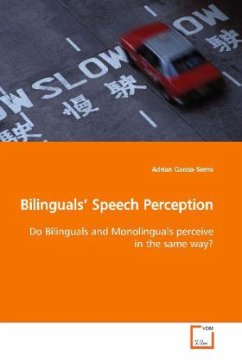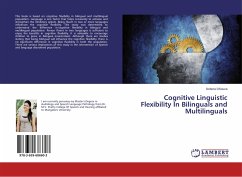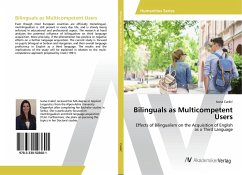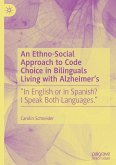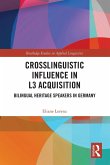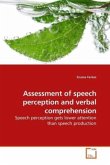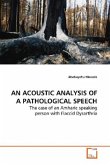One s native language influences how speech sounds
are perceived. For example, the English d is
perceived as t by native Spanish speakers. This
fact suggests that bilinguals speakers may develop
double phonemic boundaries for speech sounds that
have equal acoustic information but different meaning
in each of the languages they speak. The goal of the
present book was to test the double phonemic boundary
in bilingual speakers of Spanish and English.
Bilinguals participated in two language contexts one
was in English and one was in. In each language
context two measures were done: One measure involved
pressing a response button when a repetitive
background d sound changed to t . The second
measure involved assessing the brain activity
associated to the sound change. The results showed
that the underlying neural mechanisms associated
between stimulus and response did change between
language contexts even though the behavioral
responses did not change dramatically. This book
sheds some light in how language contexts affect
phonetic judgments in bilinguals and monolinguals,
and how language contexts affects the underlying
neural mechanism associated with speech discrimination.
are perceived. For example, the English d is
perceived as t by native Spanish speakers. This
fact suggests that bilinguals speakers may develop
double phonemic boundaries for speech sounds that
have equal acoustic information but different meaning
in each of the languages they speak. The goal of the
present book was to test the double phonemic boundary
in bilingual speakers of Spanish and English.
Bilinguals participated in two language contexts one
was in English and one was in. In each language
context two measures were done: One measure involved
pressing a response button when a repetitive
background d sound changed to t . The second
measure involved assessing the brain activity
associated to the sound change. The results showed
that the underlying neural mechanisms associated
between stimulus and response did change between
language contexts even though the behavioral
responses did not change dramatically. This book
sheds some light in how language contexts affect
phonetic judgments in bilinguals and monolinguals,
and how language contexts affects the underlying
neural mechanism associated with speech discrimination.

